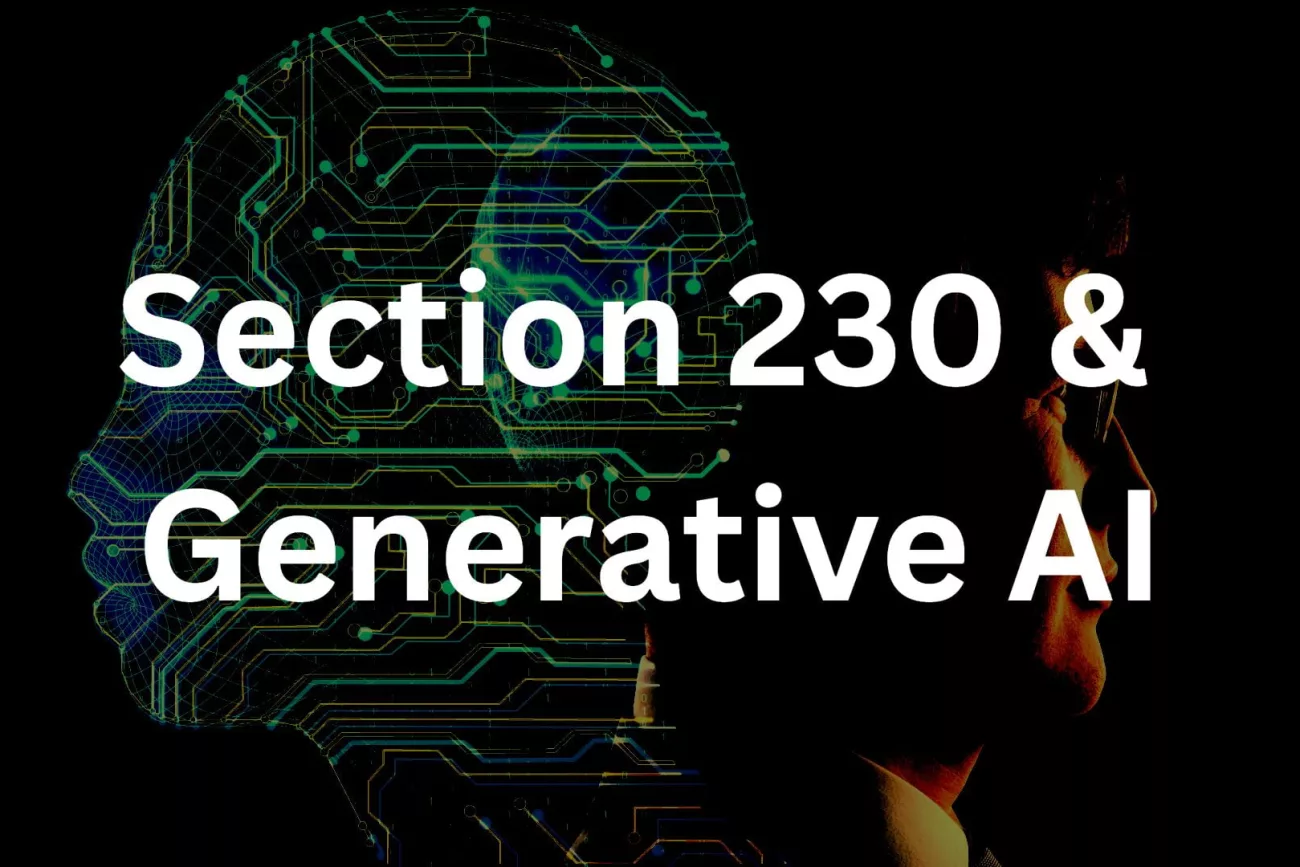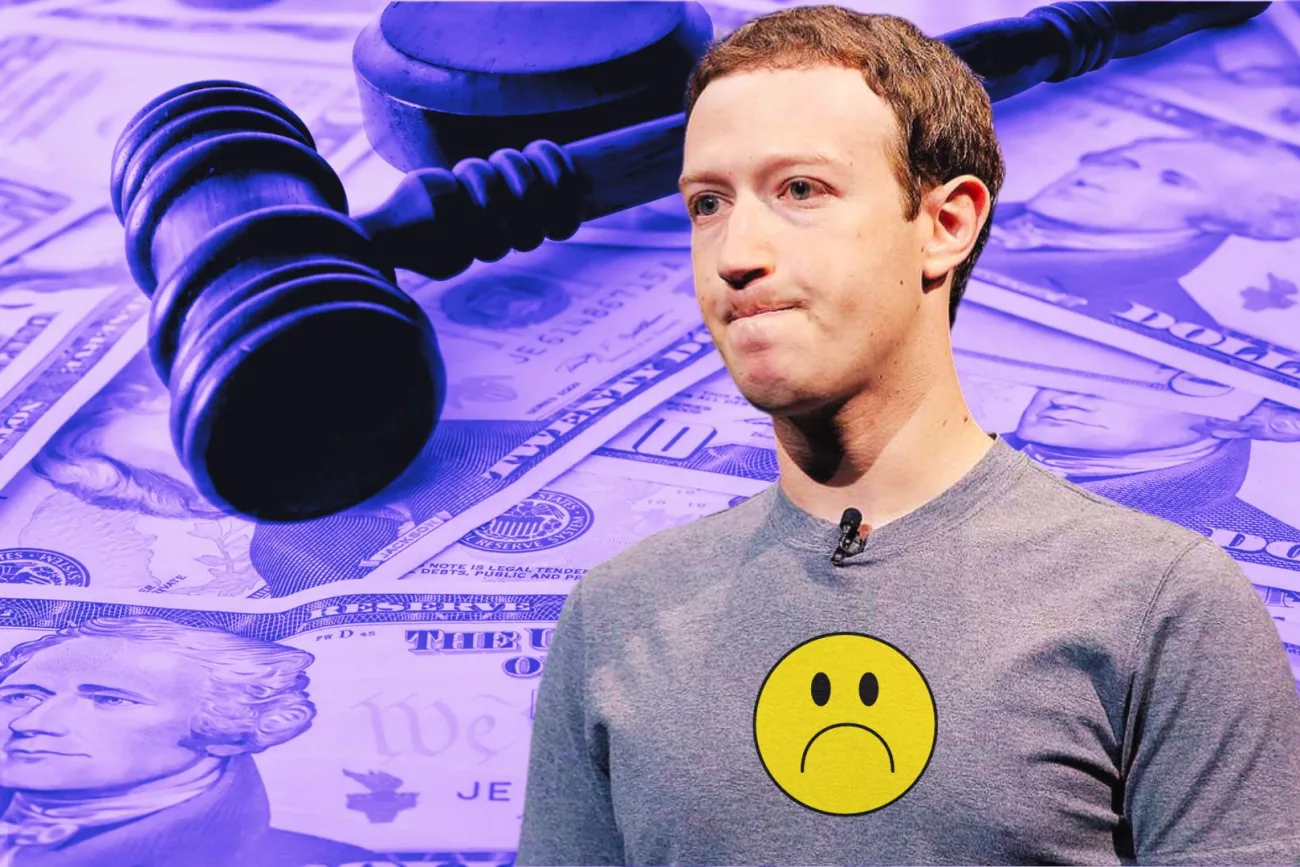
Key Points:
- Kutcher and Kunis’ Letters: The duo penned letters supporting Danny Masterson, inadvertently casting doubt on the jury’s verdict and facing public backlash.
- Crossing Legal Boundaries: Their letters potentially encouraged the judge to disregard the jury’s verdict, a significant legal and ethical overstep.
- Social Forgiveness: The situation underscores the importance of understanding and forgiveness, without undermining the victims or the legal process.
- Igniting Debate: The controversy serves as a catalyst for discussing societal expectations, legal ethics, and the path to a more forgiving society.
🎭 The Kutcher-Kunis Conundrum: A Legal Quandary Wrapped in Controversy
In the grand tapestry of legal and societal ethics, the Ashton Kutcher and Mila Kunis saga unfurls as a vivid thread, igniting a blaze of debate and discussion among lawyers and law students alike. Let’s embark on a journey to dissect this contentious episode with a scalpel of legal analysis, all while maintaining a tone that’s as witty as a late-night show host but as professional as your favorite law professor.
💌 The Letters Heard ‘Round the World
As the world watched with bated breath, Kutcher and Kunis penned character letters in support of their friend, Danny Masterson, convicted of a heinous crime. The letters, intended for the judge’s eyes only, burst into the public domain, painting the duo as villains in the eyes of many.
🤔 The Unanswered Question
The Dilemma: What precisely did Kutcher and Kunis do wrong?
The Debate: Is supporting a convicted friend a societal faux pas or a fundamental right?
The Confusion: The ambiguity surrounding their actions highlights the complexity of societal expectations and legal boundaries.
📜 Dissecting the Letters
The Good: Celebrating friendship and imploring leniency, a standard practice in character letters.
The Bad: Casting doubt on the jury’s verdict, a potential overstep of boundaries.
🚫 Crossing the Line
The Freedom: Everyone has the right to believe in a friend’s innocence.
The Restriction: Encouraging the judge to disregard the jury’s verdict is a legal and ethical no-no.
🧁 The Icing of Controversy
The Controversy: The duo’s letters, filled with praise for Masterson’s anti-drug stance, subtly implied the victims were either lying or mistaken.
The Implication: This added fuel to the fire, making their support more controversial and polarizing.
📚 A Lesson in Social Forgiveness
The Balance: Judging in a forgiving spirit without minimizing or exaggerating the wrong.
The Struggle: Understanding the act and the actor in all their complexity without undermining the victims’ trauma.
🗣️ The Public Plea
The Right: Kutcher and Kunis can plead for social forgiveness for Masterson.
The Wrong: Urging the court to diminish the wrong that occurred is not social forgiveness; it’s a refusal to accept.
🌐 Creating a Forgiving Society
The Desire: A universal yearning for a more forgiving society.
The Reality: The hard work it takes to get there is often underestimated.
🚀 Igniting the Debate
The Discussion: Does society need to be more forgiving, or should some lines never be crossed?
The Challenge: Navigating the path to a forgiving society while holding wrongdoers accountable.
📬 Sign Up for Our Newsletter!
Stay engaged with the latest legal controversies, debates, and discussions. Be a part of the conversation and make your voice heard in the legal community.
🎉 In Conclusion
In the Kutcher-Kunis conundrum, the legal community finds a rich ground for debate and discussion. Their actions, whether deemed right or wrong, serve as a catalyst for a deeper exploration into the realms of social forgiveness, legal ethics, and societal expectations. As we dissect this episode, let it ignite a blaze of conversation, leading to a more nuanced and understanding society.
Share this post
Frequently Asked Questions (FAQs)
Q: What did Ashton Kutcher and Mila Kunis do?
A: They wrote letters supporting Danny Masterson, convicted of rape, sparking public outrage.
Q: What is the main controversy in their letters?
A: The letters subtly cast doubt on the jury’s verdict, potentially overstepping legal and ethical boundaries.
Q: Can Kutcher and Kunis plead for social forgiveness for Masterson?
A: Yes, but they cannot urge the court to diminish the wrong that occurred, which is not social forgiveness.
Q: What does the situation teach about creating a forgiving society?
A: It highlights the challenge of fostering forgiveness while upholding accountability and respecting victims.
Q: What is the debate ignited by this situation?
A: It revolves around societal expectations, legal ethics, and the boundaries of supporting a convicted friend.













